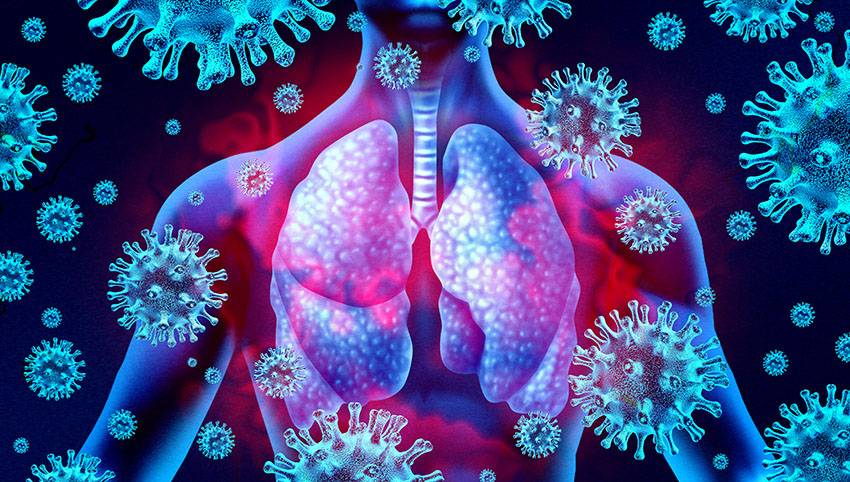Here are five diseases that kill slowly, typically progressing over years or even decades before becoming life-threatening:
### 1. **Heart Disease (Cardiovascular Disease)**
- **How it kills slowly:** Heart disease, including coronary artery disease and heart failure, often develops gradually due to long-term factors like high blood pressure, poor diet, and lack of exercise. Plaque buildup in the arteries can block blood flow, leading to heart attacks, strokes, and eventually heart failure. Symptoms often worsen slowly over time.
### 2. **Chronic Obstructive Pulmonary Disease (COPD)**
- **How it kills slowly:** COPD, which includes emphysema and chronic bronchitis, typically develops over many years, often due to smoking. The disease progressively damages the lungs, making breathing more difficult and leading to respiratory failure. It can take years for severe symptoms to develop.
### 3. **Cancer (Various Types)**
- **How it kills slowly:** Many cancers, such as those of the lungs, colon, and prostate, grow slowly over time. Often, symptoms don’t appear until the disease is in an advanced stage. By then, cancer may have spread to other organs, making treatment more difficult and leading to a gradual decline in health.
### 4. **Diabetes (Type 2)**
- **How it kills slowly:** Type 2 diabetes is a metabolic disorder that causes high blood sugar levels over a prolonged period. Without proper management, it can lead to serious complications, such as kidney failure, cardiovascular disease, and nerve damage, which progressively worsen over time and can shorten life expectancy.
### 5. **Chronic Kidney Disease (CKD)**
- **How it kills slowly:** Chronic kidney disease typically develops over many years, often due to conditions like hypertension, diabetes, or a history of kidney infections. As kidney function gradually declines, waste products and fluids build up in the body, leading to kidney failure and potentially requiring dialysis or a transplant to survive.
These diseases often don't show significant symptoms until they are well advanced, and by the time they become life-threatening, the damage may be extensive. Early detection and treatment can significantly slow their progression.


